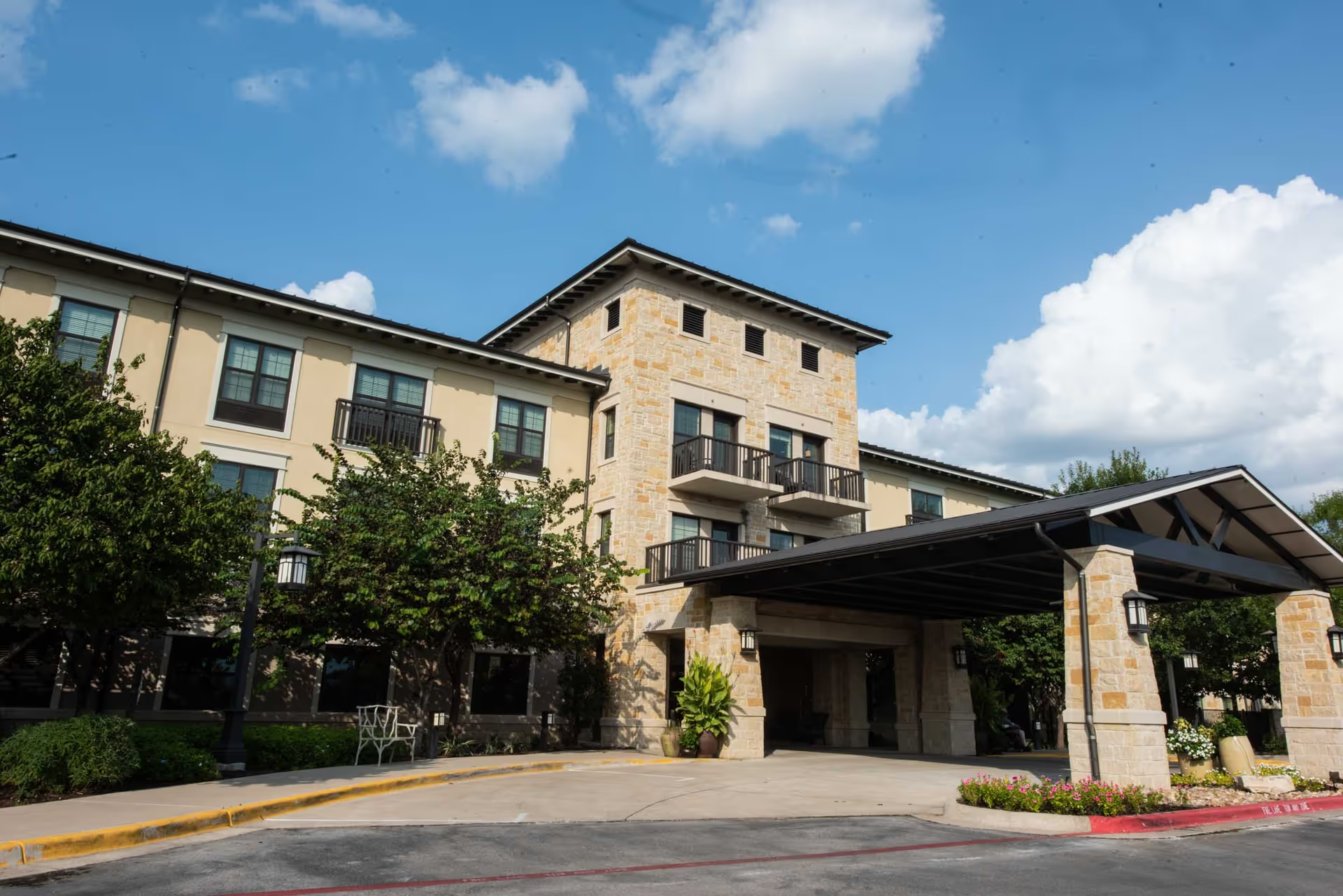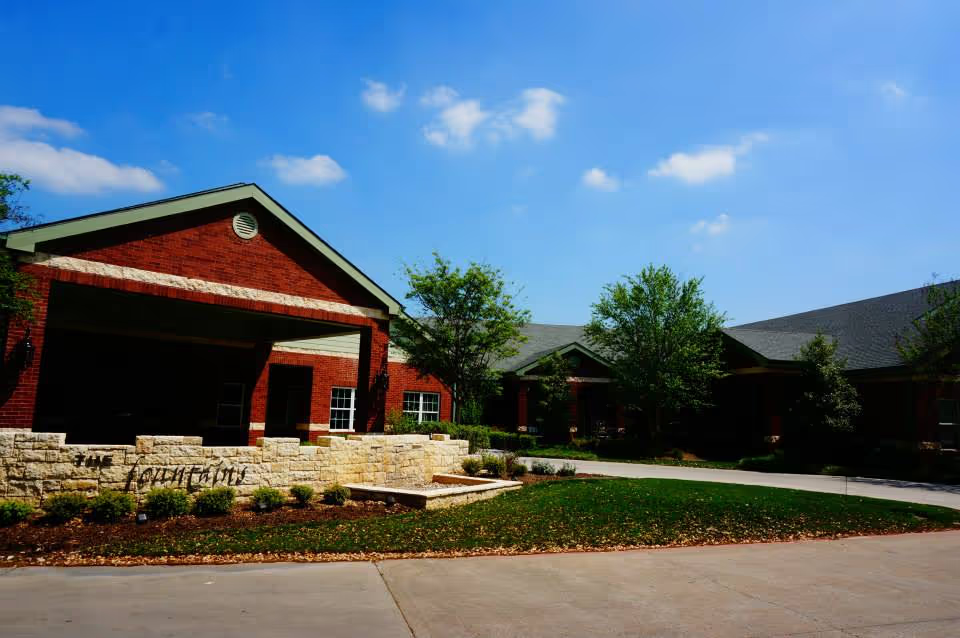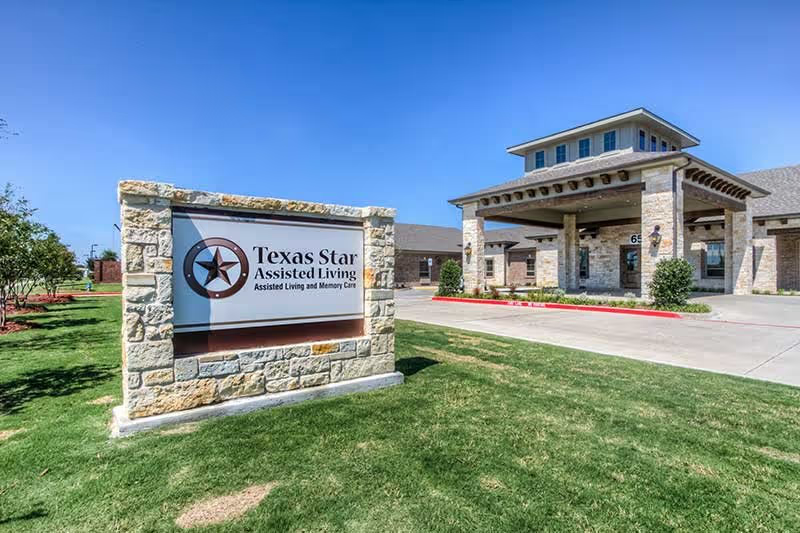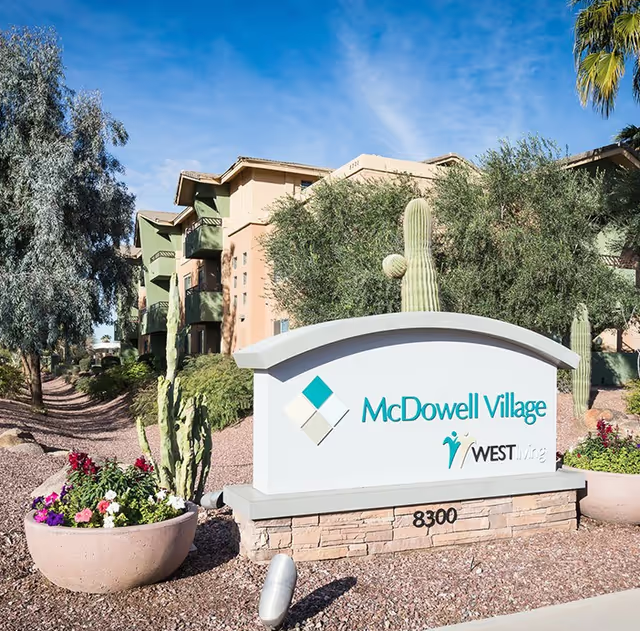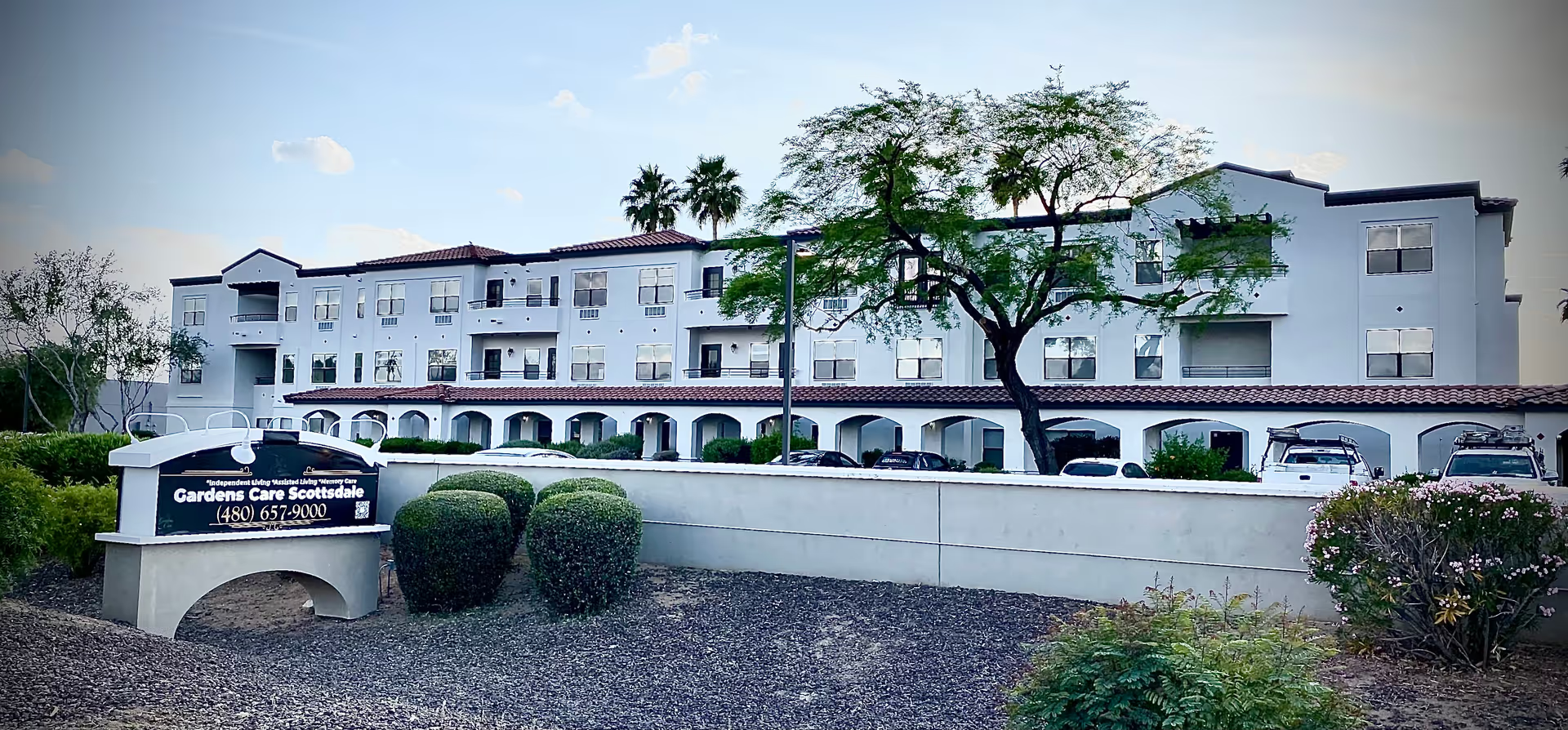Overall sentiment: Reviews for Georgetown Living - Assisted Living - Certified Alzheimer’s Facility are strongly favorable, with a large majority of reviewers praising its dementia expertise, warm family-like culture, and personalized care. Most family members highlight the compassionate, hands-on staff and leadership, reliable medication management, and the facility’s commitment to dignity and quality of life for residents with Alzheimer’s or other memory impairments. However, there are scattered negative reports—some fairly serious—that describe neglect, a dark or depressing atmosphere, or inconsistent staffing; these appear to be outliers amid many positive accounts but warrant attention.
Care quality and clinical services: The facility is repeatedly recognized for its dementia-specific expertise and for being a Certified Alzheimer’s community. Reviewers note that clinical care is strong — an RN and therapists are on staff, medication administration is timely and accurate, and the team responds well to medication adjustments with measurable improvements. The site supports hospice and end-of-life care and receives praise for providing comfort and compassionate support during those transitions. A clear limitation noted repeatedly is that Georgetown Living does not provide highly specialized medical interventions (for example, tracheotomy or chemotherapy). For families requiring such services, this facility would not be appropriate.
Staffing, culture, and family communication: The most consistent positive theme is the staff: caregivers are described as attentive, empathetic, gentle, and knowledgeable about dementia care. Many reviewers emphasize that staff know residents by name, provide one-on-one time, and develop deep personal relationships with residents and families. Leadership is characterized as visible and involved (several administrators named positively), with strong communication practices — daily updates, photos, and open partnership with families. Reviewers repeatedly state that the staff “go above and beyond,” creating a warm, home-like atmosphere. That said, several reviews mention variability in caregiver skill or engagement and occasional staffing challenges or turnover; a few reviewers reported rude phone interactions or inconsistent caregiver quality.
Facility, layout, and environment: Georgetown Living is described as a small, intimate facility (commonly cited as about 15 beds) with a home-like layout and good sight-lines that enable supervision and a family dining feel. Grounds and outdoor areas are standout features: the property is on large acreage, with courtyards, a koi pond, gardens, and animal interactions (including cows, donkeys, goats, and sheep) that reviewers find therapeutic and distinctive. Many reviews praise the bright, clean facilities and the new building plans (private rooms opening in November). Common critiques here include smaller room sizes in the existing building, occasional comments about older/ worn living areas, and a few comments that the internal hallways feel dark or depressing to some visitors.
Dining and activities: Meals are frequently commended as home-cooked, appealing, and individualized to resident preferences; reviewers mention thoughtful touches (birthday celebrations, cake, beer-battered onion rings) and attentive meal service. Activities are robust and varied — exercise, crafts, games, music (violin), bingo, non-denominational services, pet/therapy animal visits, and inclusive programming for residents with limited mobility or cognition. Reviewers credit staff for encouraging participation and for tailoring activities to residents’ abilities. A minority of reviews, however, felt activity offerings were limited or that the home was quieter (a “ghost town” impression), pointing again to variability across shifts or depending on which staff are present.
Management, administration, and operations: Many reviews explicitly praise leadership and management for being responsive, hands-on, and family-focused; administrators are named and commended for their roles. Families appreciate the transparency and ability to observe staff in action. Operationally, reviewers reported appropriate COVID protocols and timely quarantine handling. Admissions notes include that semi-private rooms may not be available and that there has been a wait list; pricing details provided in reviews cite around $4,800/month for private, $4,000/month for semi-private (level 1), with a $1,000 refundable deposit and a $1,500 entrance fee; a new building with private rooms was noted to open in November.
Notable patterns and concerns: The dominant pattern is one of high satisfaction: dedicated caregivers, effective dementia care, meaningful activities, warm grounds, and strong family communication. The recurring, less favorable patterns include several isolated but serious allegations of neglect and rapid decline under care, occasional understaffing or turnover that affects continuity, and design or space limitations (small rooms, some older common areas, accessibility issues). A few visitors experienced negative first impressions (dark or depressing hallways) or problems such as rude phone responses and intermittent odor/cleanliness concerns. These negative items are outnumbered by positive reports but are important for prospective families to consider and to follow up on when touring (ask about staffing ratios, turnover, last health inspection, and how the facility manages higher-acuity needs).
Recommendation guidance: Georgetown Living appears especially well-suited for families seeking a small, rural, dementia-focused community that emphasizes personalized attention, compassionate staff, meaningful activities, and a homelike environment with unique outdoor/farm amenities. Prospective residents and families should verify current availability, room sizes (existing vs. new building private rooms), confirm that the facility can meet the individual’s medical needs (it will not support tracheotomy or active chemotherapy), and ask direct questions about staffing stability, recent complaints or incidents, and specific examples of how the home prevents and addresses lapses in care. Overall, the reviews paint Georgetown Living as a caring, effective memory care option with many distinct strengths — tempered by a few sporadic but serious concerns that deserve investigation during a visit.
